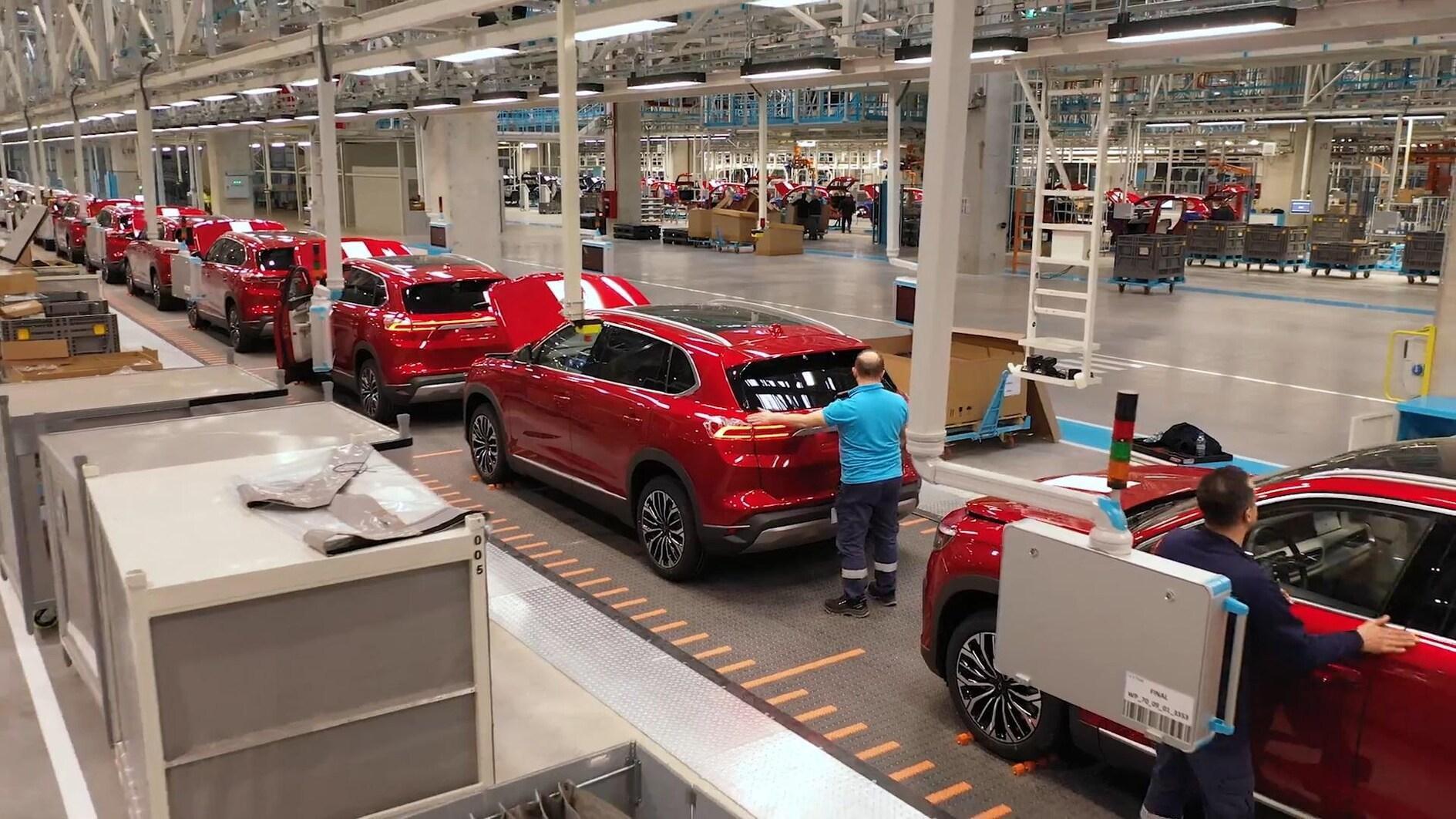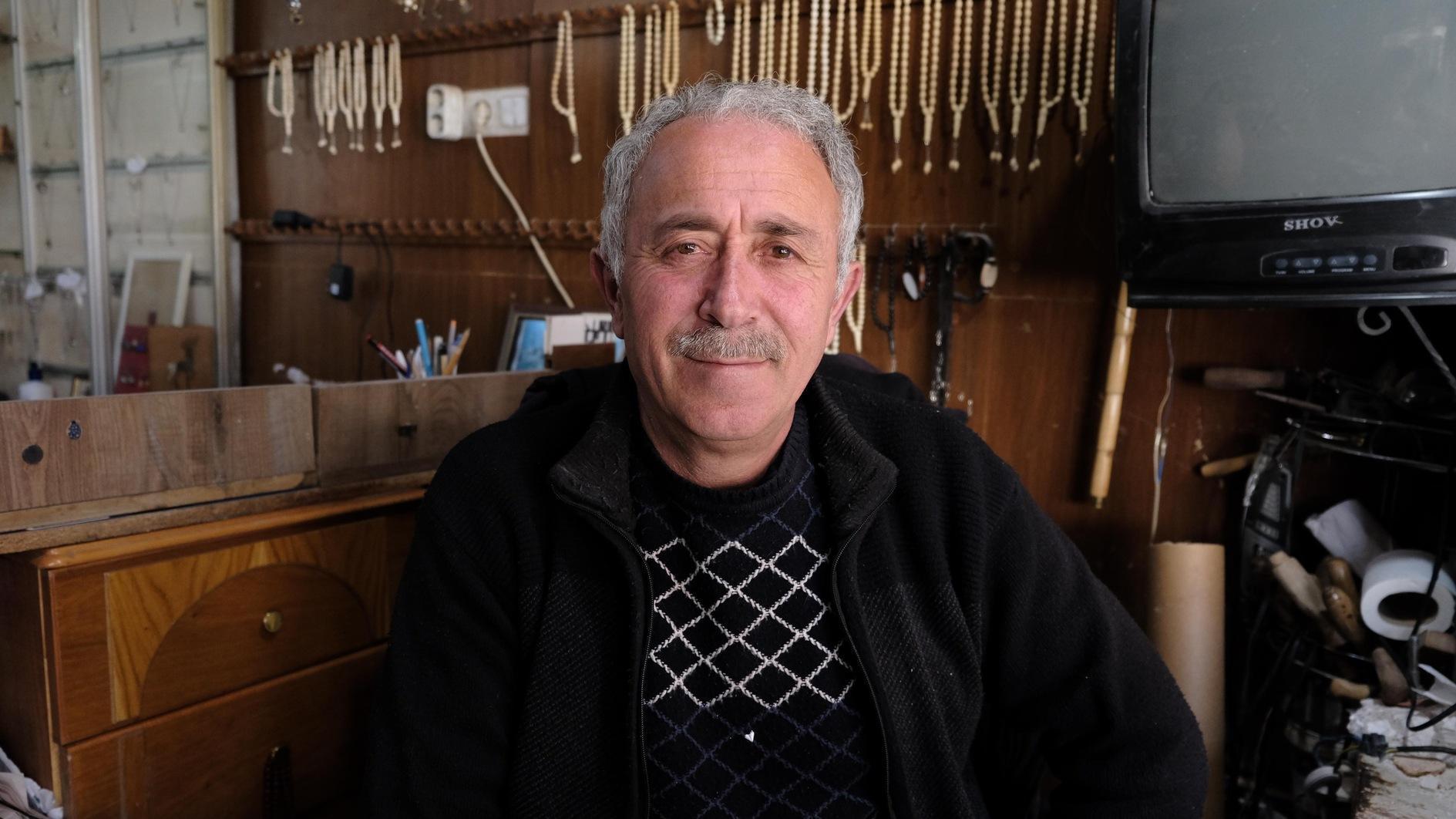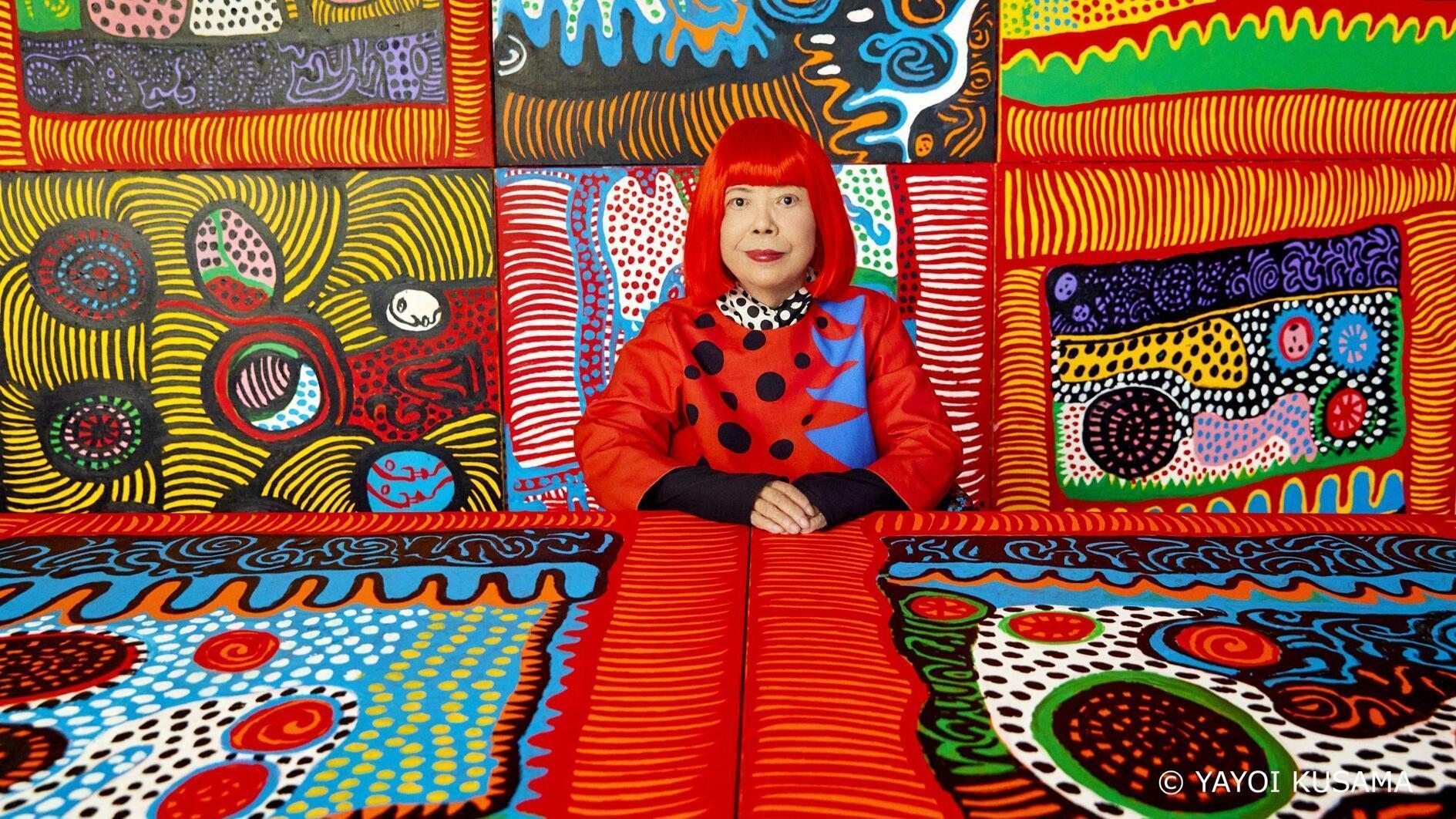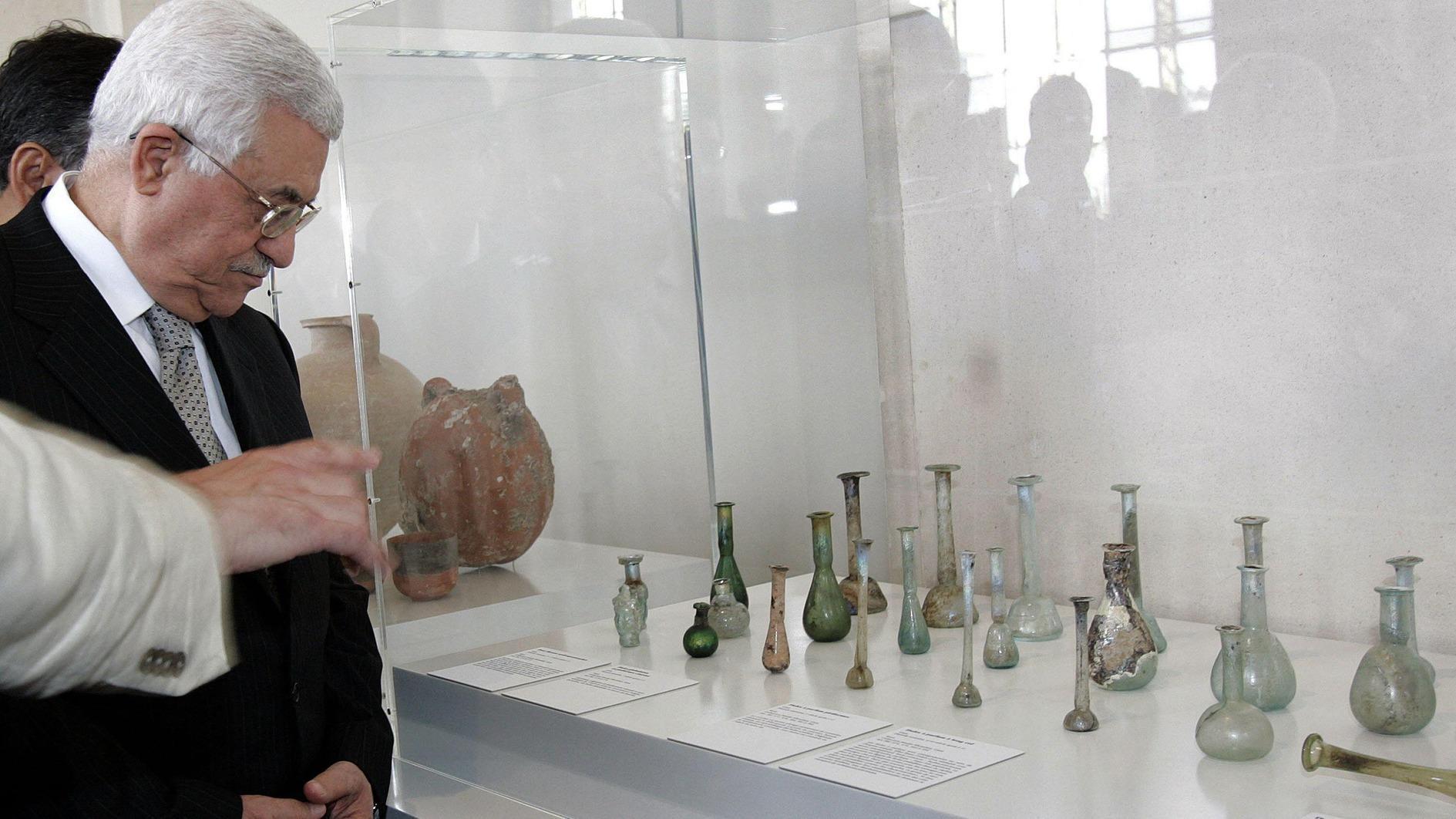Russia’s imperialism vs globalization
JOHN LLOYD
In the sanctions against Russia announced by the U.S. and the European Union we begin to see the outline of a titanic struggle. It is one between imperialism and globalization. The Western states have been reminded that imperialism is alive and well, and threatens the vision for a more global world economy.“Russia can be an empire with Ukraine,” said a senior Russian banker earlier this month in an off-the-record briefing. “Without it, it cannot. Simple.” Having Ukraine does not mean possessing it. It is enough for Ukraine to be closely linked to Russia, run by leaders who understand and acquiesce in that necessity. The large failure underlying Russia President Vladimir Putin’s great success in seizing Crimea is that he has propelled much of the rest of Ukraine away from Russia and guaranteed instability; or worse.
The targeting through sanctions of the Russian political and financial elite, including their favored bank, Bank Rossiya, described by a Russian fund manager as “a pocket bank and special purpose vehicle” for the Kremlin elite, has one goal in mind. That is, to drive a wedge between Putin’s imperial strategy and the Russian political and financial aristocracy who have homes in France, yachts moored off Tuscany, children in British private schools and businesses that depend on global markets.
A talk with Sergei Guriev, Russia’s leading free market economist, revealed both Russia’s vulnerability and the huge dangers that Putin brings upon himself, his country and the world. Guriev left Moscow and his post as rector of the New Economic School last year, fearful that his support for the anti-Kremlin campaigner Alexei Navalny would lead to his imprisonment. He now lives and teaches in Paris.
Guriev does not see Putin as a monster. In Putin’s early years he instituted reforms that benefited the economy, repaid the large foreign debt and built up a large reserve fund. He also had good luck. He came to presidential office in 2000 as oil prices were going up and as high unemployment and low output had produced many workers willing to work for low wages.
But by 2012, the growth rate of 7 percent or more a year was rapidly slowing. In 2013, it reached an anemic 1.3 percent. Social tensions and divisions among the powerful could no longer be bought off.
Consumption growth, booming since 2000, could no longer be sustained. A new ideology was needed to unite the country, and that has turned out to be an aggressive nationalism and a stress on recreating the Soviet empire in a new form. Putin needed “a small victorious war,” said Guriev.
When the EU offered Ukraine an association agreement that would have given the former Soviet state trade and investment advantages in return for reforms in the economy and in politics, this ran directly counter to the new spirit of the Russian leadership. For Putin, the risk was to “lose” Ukraine.
President Putin is presently riding high in popular support
Guriev thinks the enthusiasm will be short-lived. The new elite, including those closest to the president and the big oligarchs, are increasingly tied into the rules and customs that go with globalization. They have reasons to be grateful to Putin. But gratitude is short-lived when wealth and influence begin to suffer.
Russia is rich in energy. Part of the hesitation that was evident when the EU leaders debated sanctions was because European states — Germany above all — rely on its oil and gas supplies. London feeds richly on its financial transfers. But the longer-term threat to Russia’s well-being will be the consequences of its present behavior and its tendency to use gas supplies as a cudgel against those it wishes to whip into line.
Europe has long worried about its dependence on such a capricious neighbor. Increasingly they are making plans to diminish it. The EU is not a fighting organization. Some of its leaders desperately hope that a red line can be drawn after Crimea and that, bit by bit, trade and business can continue as before. But no red line can be drawn. Ukraine has a government that is dependent on the West, especially the EU, for financial and political support. Putin did not take Crimea to “lose” the other 95 percent of Ukraine. He must find a friendly, or at least not hostile, government in Kiev after the election in May. He must destabilize it and frighten or bribe a future administration back on to his side. The tragedy for him, temporarily hidden by his small victory, is that such an outcome is likely to be impossible.











